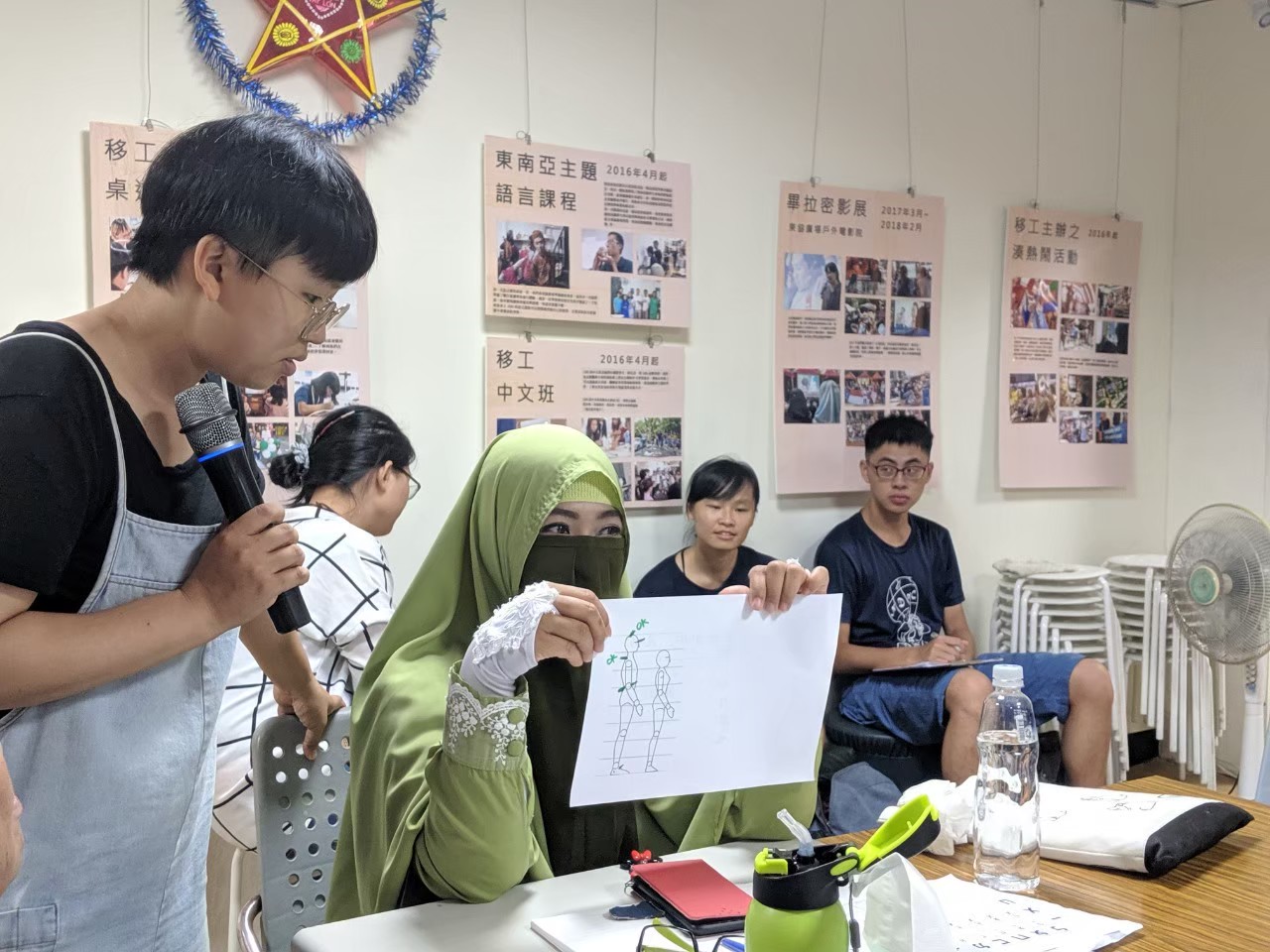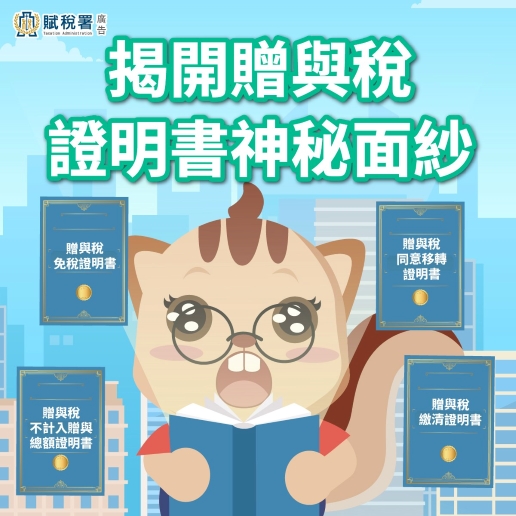I've seen many female caretakers' ways of loving families and themselves. Today, I'd like to share my Chinese class student's story with you.
She is Katie (assumed name) and now 30 years old. She works in Nantun Dist., Taichung, as a caretaker of an old lady having senile dementia. Since 2010 until now, the employer, the patient, and Katie have developed a family-like relationship, but the employer's family has no time to get along with her. She took care of the patient alone and went wherever she should go, so her outstanding caretaking skill was based on definite "trust" and "non-interference". Every time we talked about this, we always smiled awkwardly.
It was 2009 that Katie was 21 and had married for 3 years. She who liked studying when she was a student was able to teach at an elementary school with the recommendation by her teacher though she only has a high school certificate. Her salary at the time was 1,000 NTD a month that couldn't even support her family, so she took a part-time job at a mobile phone store.
After calculating, she found all expenses supporting the family were approximately 10,000 per month including spending between 3,000 to 5,000 on child-related expenses. However, her husband was not even focusing on the family and children, and his job wasn't stable. The more heartbreaking was that her father often gave her money out of compassion. Her father told her to not worry about him, but he set up a stall selling Tempeh every day at a market. She even wanted to work abroad as her sister did because she didn't want to take money from her father anymore.
Katie's sister had worked in Singapore and Hong Kong and couldn't even keep in touch with the family in that era. Sometimes she would think that working in Hong Kong had so many holidays when she was looking at the photos that her sister sent back from overseas countries, so she decided not to work in Hong Kong because she wanted to work harder and make more money. She didn't ask her sister about recruitment matters but prayed to her Allah. She prayed every day and hoped to find a good employment intermediary. Finally, Allah seemed to hear Katie's prayer. Katie dreamed of a company with a clear address, and fortunately, on the day after, she found PJTKI/ PPTKIS, a Jakarta-based international employment agency.
Katie prepared her photos, Kartu Keluarg, a Household Registration Transcript similar to Taiwan's, a Certificate of Good Behavior(abbreviated to SKKB issued by the police department), and a graduation certificate and paid a broker's fee of approximately 5,000 NTD. Later, Katie was taken to a dorm of the employment agency in Malang, a city in East Java on Sep. 16. She waited for two weeks and then was notified she got a job in Taiwan. She didn't fly to Taiwan until Jan. of the next year. Then what did she do during those months? She had taken Chinese courses and training courses, such as cooking and senior care services, from 8 a.m. to 12 a.m. and from 1 p.m. to 4 p.m. She was really anxious at the time because she was eager to come to Taiwan to make money, but the courses were lengthy.
Before coming to Taiwan, Katie had to pass an examination. She remembered that the examination hall was divided into 4 sections, and each section had three proctors. The first section was the "house chores" including changing bed sheets and washing the bathroom. The second section was the "caregiving" inclusive of pushing a wheelchair and moving the patient who was acted by another examinee. The third section was the "cooking" containing cooking different styles of foods according to countries where examinees would go. She remembered that the examinees who would go to Hong Kong had to cook Cantonese Pan Fried Noodles, and the examinees who would work in Taiwan had to cook Three Cup Chicken. The last section was the interview that she only needed to recite the self-introduction she prepared. The whole process of examination took 5 hours, but she only wanted to come to Taiwan as soon as possible. She was later assigned to work at a farm family in Hualien. She didn't need to take care of any elderly person but did farming with the care recipient every day. She realized that working in Taiwan didn't require extraordinarily professional expertise but the endurance of hardships.
Throughout the three years in Hualien, she had not experienced any holiday and Taiwan's society, nor she didn't have an opportunity to learn Chinese from the care recipient family. The relationship between her and the recipient was only command and compliance. Her salary at the time was 15,840 NTD per month, but the employment intermediary took out the commission of 9,000 NTD each month for 12 consecutive months. Since she didn't have any holiday before, so she didn't know how much the salary was proper. She only thought that at least she could save some money before going back to Indonesia.
From being a person who only wanted to make money to be a person who valued her own interests and ideas, Katie's change came from her own redefined caretaking work. She recalled that the very first time she saw the old lady with dementia that she now takes care of, the lady looked tired and unconfident. Hence, Katie would like to make the old lady confident again. She put on makeup one the old lady's face and helped her dress in bright dresses. Besides, Katie asked for guidance from physiatrists to improve her caretaking skills. She realized that taking a rest and improving herself were both important. She now likes taking her care recipient to Chinese courses and makeup courses and uses her remaining work-life expectancy to explore each tourist site in Taiwan. By 2022, she will have worked for 12 years, but she is thinking about whether to go back to Indonesia in advance.
She is still the girl who loves her father deeply and has always wanted to give filial devotion to her father, but what makes her most regrettable and most painful is that her father passed away when she had worked for one and a half years. The hole of regret in her heart has been hard to overcome. She started to seriously face and make up for the hole in her heart after finding her children were getting used to people's departure.
Every foreign worker migrates back and forth among a foreign land and another foreign land and devotes great time and wisdom to families and factories. Have we ever listened to their silent regrets? How do they stand up over and over again for survival? I have no answer and only hope that migrating will bring them not only materials but a new strength to find self-worth.
By Founder of 1095 Cultural Studio, Ms. Annie Kuan








